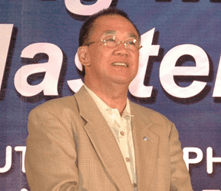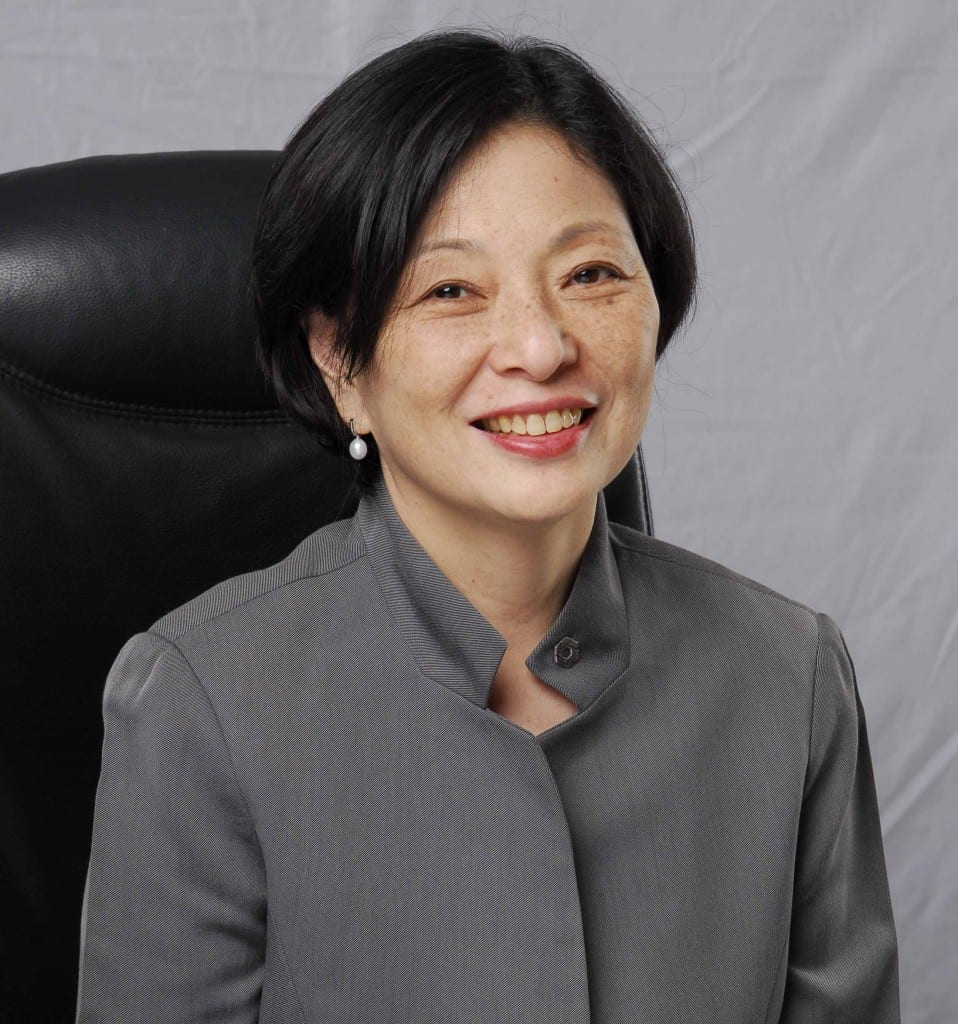
Q1: Congratulations! You are one of the few Filipinos who have reached a regional president position in a major multinational company. Can you share with us the strengths of Filipinos as marketers?
Creativity and the willingness to depart from the conventional way of doing things. I think this comes from a wellspring of making do with what is available. I believe the closest expression for this is “mahahanapan natin ng paraan yan.” I believe more than anything else, this drive to close out or seek solutions drives marketing innovation. The spectrum stretches from finding temporary solutions to long lasting and unforgettable platforms.
Another is an emotional connectivity between brands and the consumers. There are many cases where marketers are boxed in by the packaged formulas of brands. Think about the brand footprint or the brand identity. . This tends to stunt the creation of bonds between brands and consumers. In fact, whole programs and systems are crated around this discipline of dissecting and growing brands. The whole brand management approach is a standard and packaged way to frame consumer and brand dialectic. Not so for Filipino marketers – by nature we are an emotional people. We empathize with telenovela characters, we make comments about our top government officials like they were our relatives, we swoon and swear with the travails and triumphs of Manny Pacquiao. This emotional bent in the Filipino has made our marketing talent better in seeing, feeling and translating the connections between a brand and consumers into something emotional. A connection that is lasting and relevant. You just need to see a Johnson’s Baby commercial through a mother-baby bonding to understand this or even that famous McDonalds commercial “Ang aborito kong apo – si Karen.”
Q2: As a global / regional marketer, what is your proudest achievement? What can you say is the biggest challenge that every aspiring Filipino marketer faces locally / regionally?
With the most positive intent devoid of hubris, making it to the echelons of the largest healthcare company at that time was the catalyst for many of the successes I had. Just having a Filipino – a non-Caucasian as a leader of ASEAN unlocked many opportunities for Filipino marketers and executives then and now.
Most of the time, Filipino executives are pigeon-holed as passive, reactive and non-confrontational as many Asian races are. This is both unfair and unfounded. In my view, we just have a different way of approaching business.
More and more, these inherent characteristics drive the way business decisions are made today – collaboration, alignment, shared risk and responsibility. We are no less accountable than the next leader. This is what I think I unlocked when taking over as the first ASEAN President of Johnson Johnson consumer goods company in Southeast Asia.
I think the greatest challenge for Filipino marketers is the courage and the ability to call out the right marketing stance to the right audiences with the right values. I say this applies to all Filipino executives from various functions. Filipinos are not known for well articulated and well thought out positions precisely because we are emotional people. Knowing when to be passionate and when not to be is something that will help marketing careers.
The other trend I am seeing now is that because Filipinos like to think of themselves as great marketers, there is a reverse “not invented here” syndrome. Whereas the initial paradigm was that Filipino marketers were able to provide alternative marketing ideas and solutions which made them successful, the current paradigm is – if it’s not done by a Filipino or Asian, then it is not good. This is not helpful. The hubris that this stance brings will not work in a globally connected world. We need to respect all possibilities and understand them.
Q3: You are now an entrepreneur in the field of telecom, food and several other industries. Can you describe the difference between corporate marketing and entrepreneurial marketing practice based on your own experience?
Good question. Corporate emphasizes the science, data discipline and provability of ideas (proof of concept) of the marketing function. It is therefore very measure-driven to allow the organization to replicate easily. The risk profile, though, relative to entrepreneurial marketing, is quite conservative. Decision-making may take some time in a corporate set-up. Net incomes take equal weight in this setting as growth. Corporations tend to be answerable to the board and public stakeholders. In a corporate setting, sometimes, large amounts of money are lost to rounding errors.
Entrepreneurial marketing emphasizes simplicity and has a bias for action as opposed to planning and process. It is very much personality led and therefore transferability of ideas, skills and processes are not as easy as in a corporate set-up. Decision-making is quite faster in an entrepreneurial setting. With entrepreneurs, growth is key with cash flow not too far behind. Entrepreneurs are beholden to their capital providers. As an entrepreneur, I count every single centavo.

